Indonesia
Protecting the Forests
Farwiza Farhan grew up in Aceh, Indonesia, surrounded by the lush forests and diverse wildlife of the Leuser Ecosystem. As a child, she would often spend hours exploring the patch of forests near her home, fascinated by the natural world around her. But as she grew older, Farwiza began to notice the devastating impact of human activity on the environment. She saw forests being destroyed for monoculture and mining, and wildlife being pushed to the brink of extinction. Farwiza realized that although conservation is important for local development, it is often in direct conflict with the goals of corporations who exploit nature.
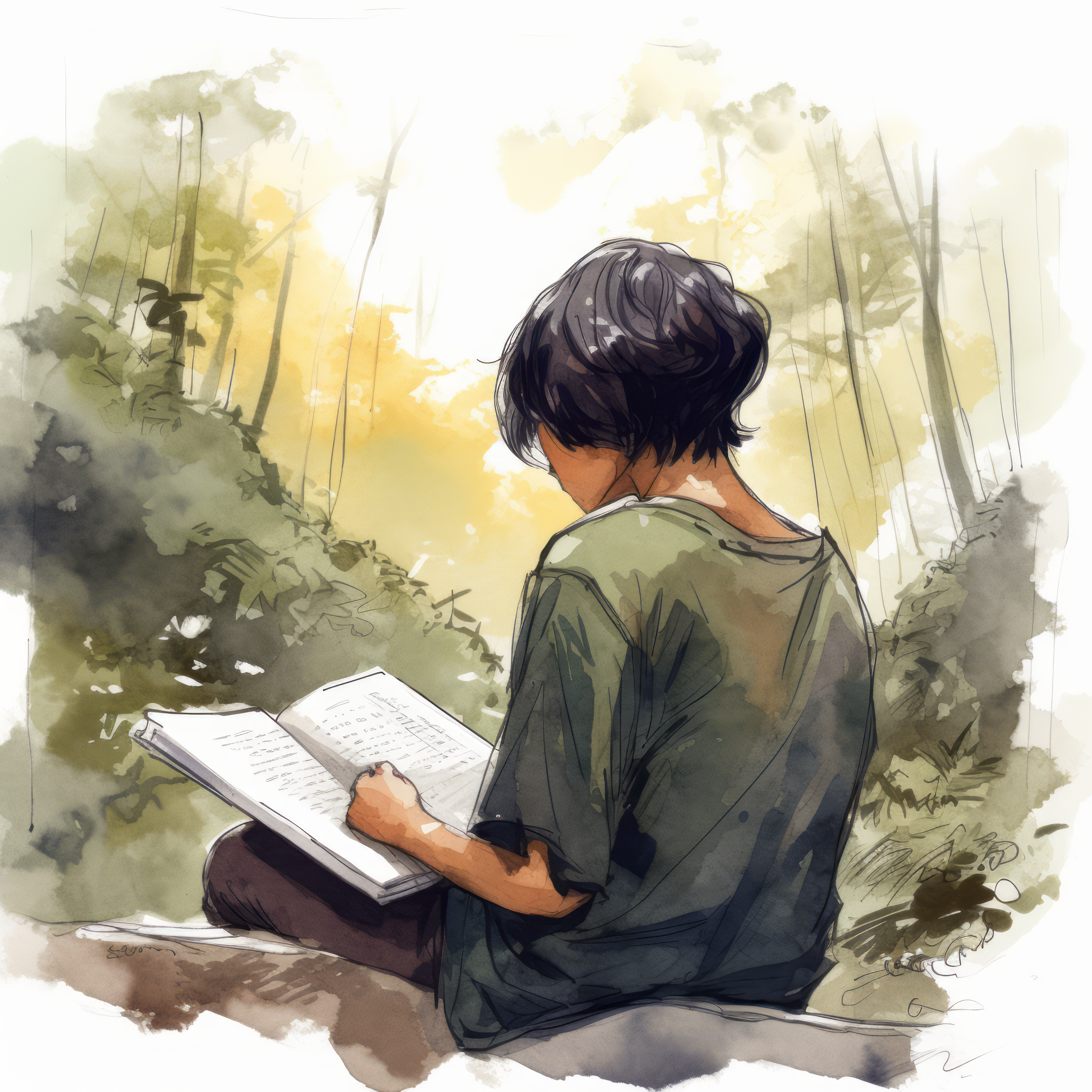
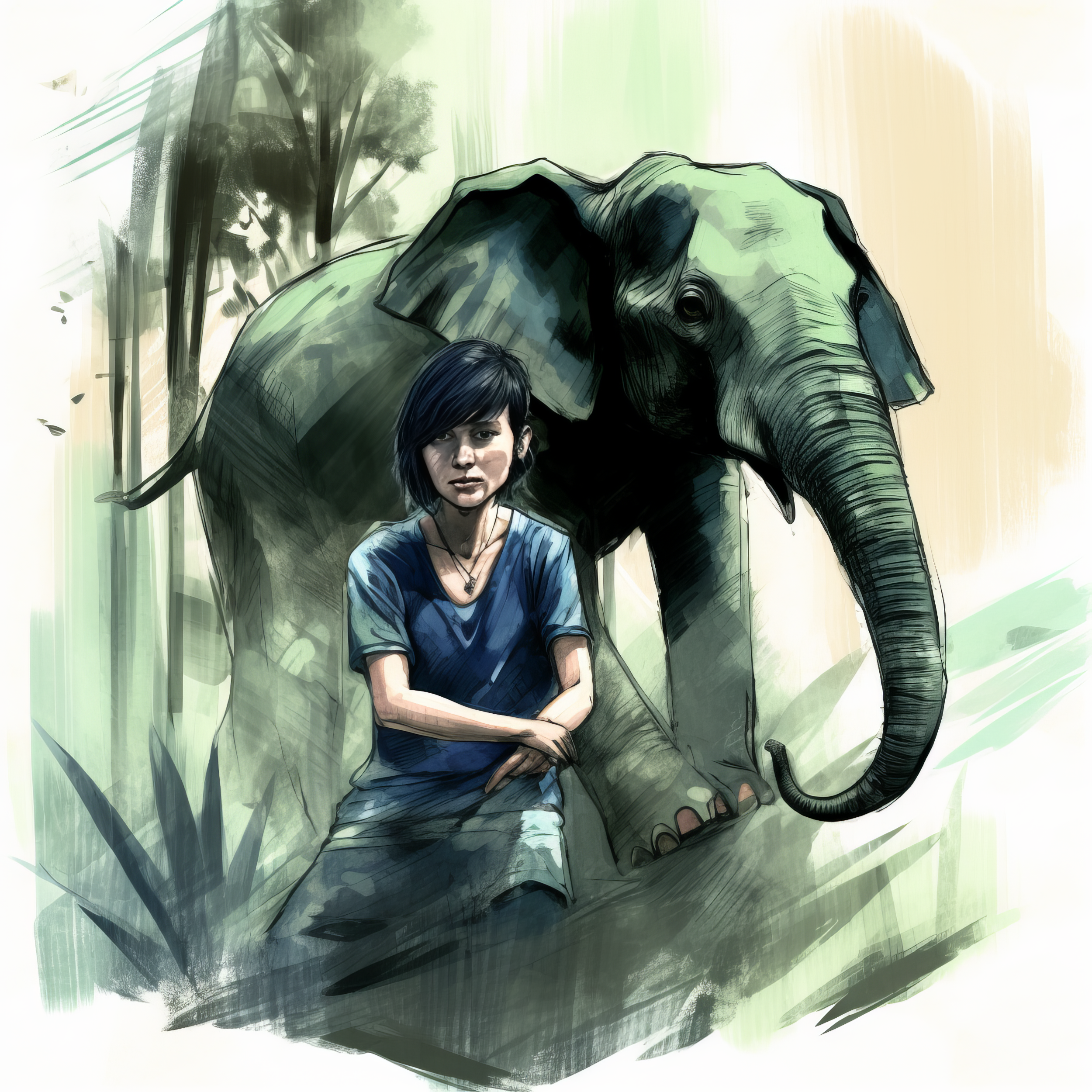
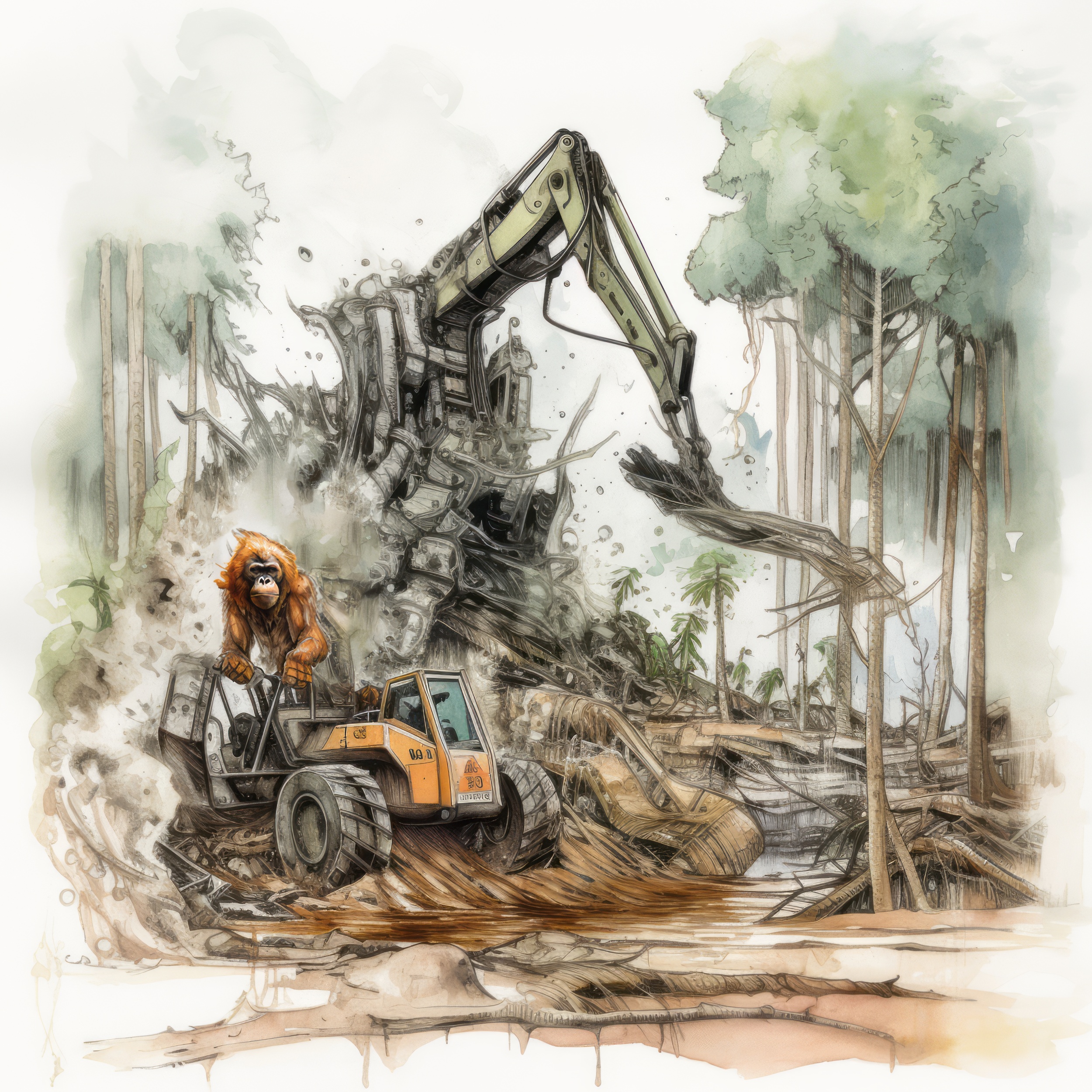
Their hard work paid off. In 2013, a joint lawsuits and campaign against a palm oil company that was burning forest in the Tripa peat swamp was won. The court decided that the company is fined millions of dollars for burning forest and destroying the environment.
This was a landmark case that set a precedent for forest burning cases across the country. Additional lawsuits opened up space for the community to participate in policy decisions that affected their lives and livelihoods and gave local communities the tools and confidence to protect and manage their forests.
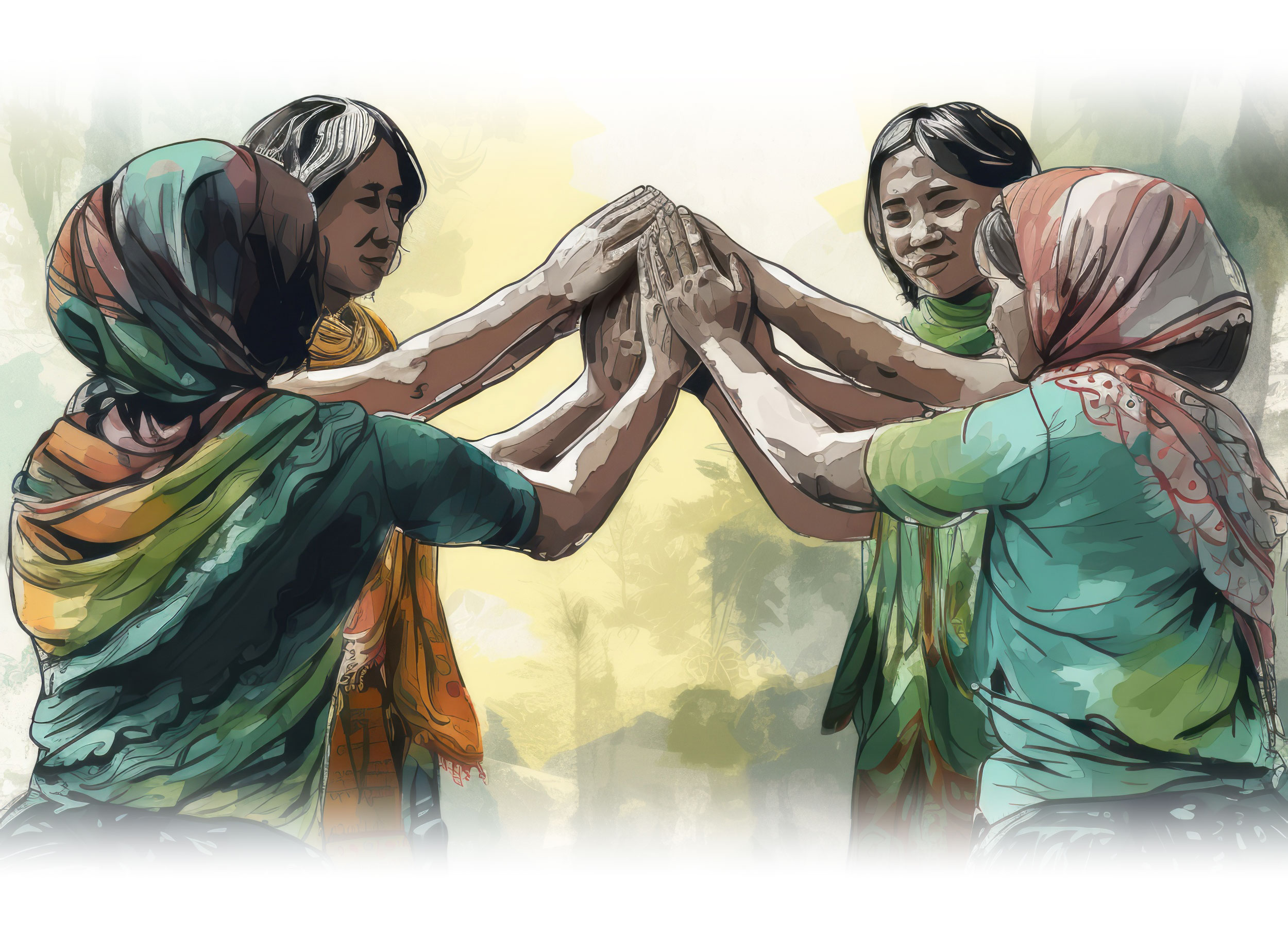
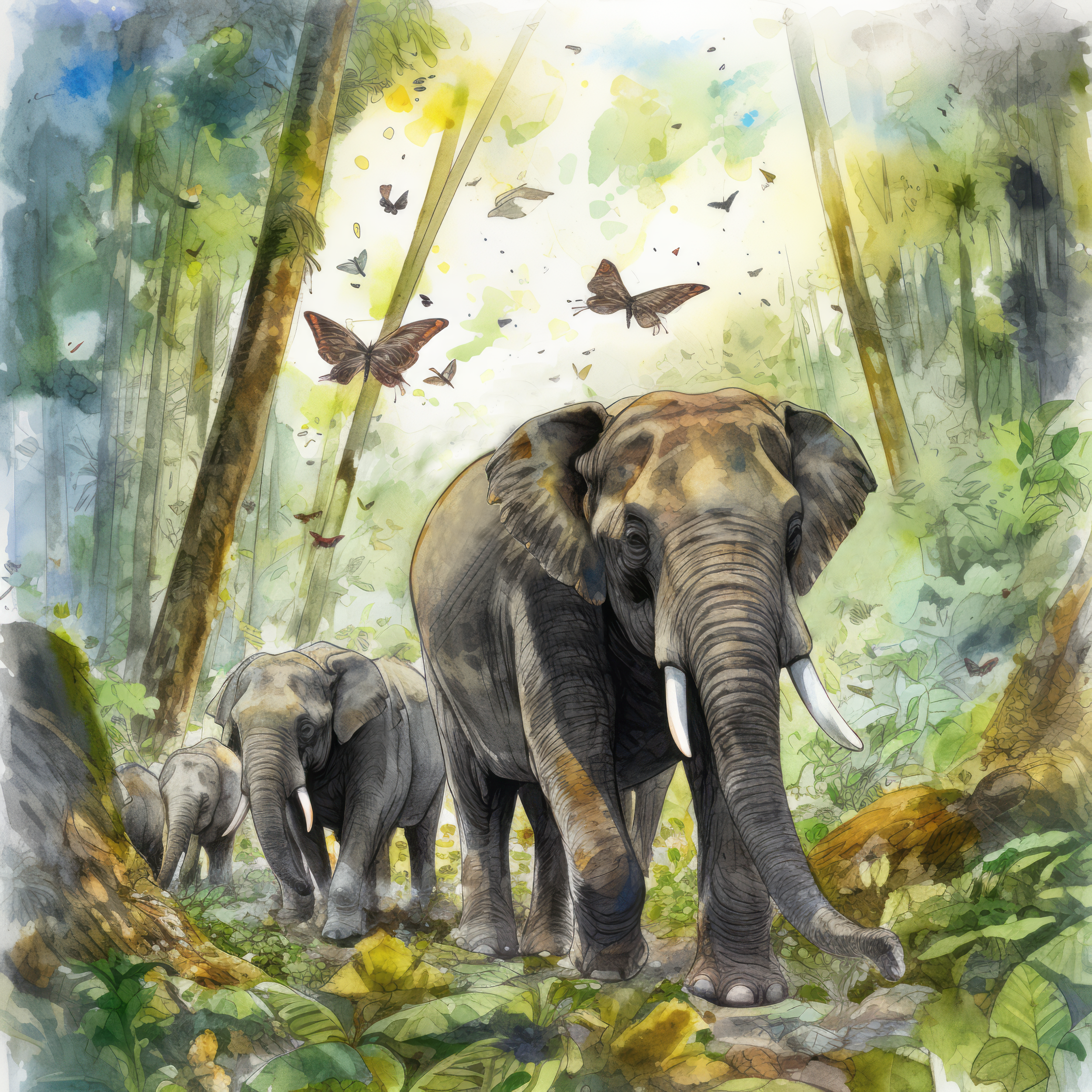
For Farwiza, the most important thing is knowing that the forests and wildlife of the Leuser Ecosystem are being protected for future generations. As Farwiza once said, “Conservation is not a luxury. It is a necessity for our survival.” Her words are a powerful reminder that we all have a role to play in protecting the natural world around us, and that we must work together to ensure that it is preserved for generations to come.
Why Is This Important?
Ending deforestation is crucial for a number of reasons. Forests are one of the Earth’s most important natural resources, providing vital functions such as oxygen production, carbon sequestration, and habitat for millions of plant and animal species. Deforestation, however, releases vast amounts of carbon dioxide into the atmosphere, contributing significantly to climate change.
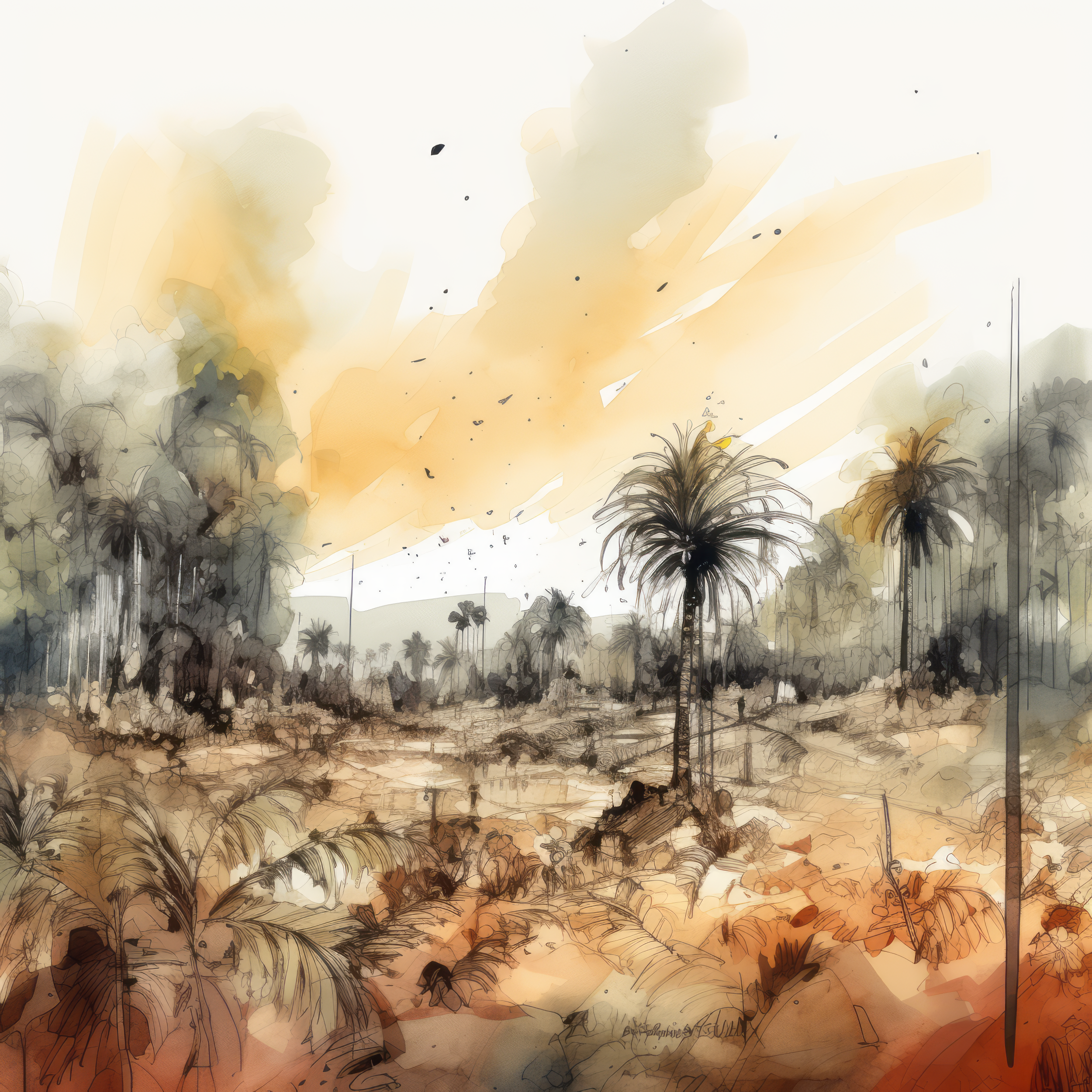
Deforestation also destroys the habitats of many species, leading to the loss of biodiversity and threatening the health and well-being of ecosystems. Additionally, deforestation often leads to soil erosion and decreased water quality, which can have negative impacts on local communities and economies. By ending deforestation and promoting sustainable land use practices, it is possible to mitigate the impacts of climate change, protect biodiversity, and support the health and well-being of ecosystems and communities around the world.
What Can You Do?
There is no one-size-fits-all way to take action, but here are a few ideas for you:
Personal
Examine your consumption of palm oil in products you use everyday and explore alternatives. Products like lipstick, shampoo, detergent, soap, and a variety of food items may contain palm oil. Take a look at the labels and look for alternatives where possible!
Community
Take it a step further by talking to your family and friends about the impacts of deforestation for palm oil plantations, and encourage them to make mindful consumption decisions.
Share Your Ideas
Have you or someone you know done something in your community to address deforestation and limit palm oil consumption? We would love to hear from you! Please send your story to engage@daughtersforearth.org. You can support all Daughters by donating below.




